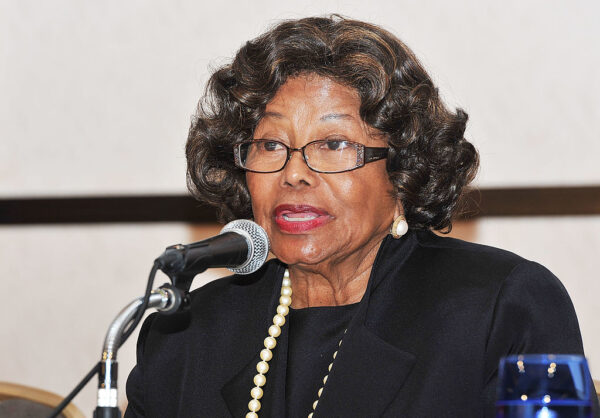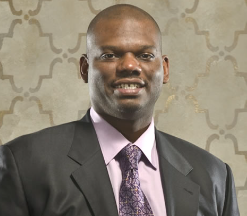An appellate panel in Los Angeles has rejected Katherine Jackson’s attempt to challenge the $600 million sale of her son Michael Jackson’s catalog to Sony, citing her failure to object to the deal in a timely manner. The panel ruled that because she did not raise the issue in the lower court, she cannot do so now on appeal, thereby siding with the executors of Michael Jackson’s estate.

What Went Wrong For Kathrine Jackson In Michael Jackson Catalog Case
In a tentative opinion expected to be finalized in the next 90 days, the appellate panel stated that Katherine Jackson “forfeited” the core claim of her appeal by not raising it in the lower court, which initially approved the deal, Rolling Stone reports.
The ruling from California’s Second Appellate District noted that even if Katherine had raised the issue in probate court, it wouldn’t have changed the outcome. The judges agreed with the prior ruling that the executors had the authority to negotiate the sale.
Katherine’s lawyer was set to present an oral argument for the appeal on July 17 but waived the appearance after the tentative opinion was issued. The tentative ruling, obtained by Rolling Stone, ended with a warning: “this court will not entertain further briefing or grant a continuance.” Katherine’s lawyer did not respond to a request for comment.
“Katherine did not contend [in the lower court] that the sale violated the terms of Michael’s will or was inconsistent with the Probate Code. Indeed, as the executors note, Katherine agreed in the probate court that the will gives the executors the power to sell, exchange, or otherwise dispose of the estate’s real or personal property,” the judges wrote.
They pointed out that Katherine instead challenged the transaction on the grounds that “the assets to be sold were valuable and would appreciate over time, the estate did not need the cash generated by the sale, the sale violated Michael’s wishes as communicated to various members of his family, and the executors took no steps to confirm that the sale price was at or above fair market value.”
However, the judges concluded, “Katherine’s challenge fails on the merits because the probate court’s order does not violate the terms of Michael’s will.” They stated that while Katherine argued on appeal that Michael’s will required the executors to “sell off as little of the estate as possible after paying legitimate estate debts,” the will’s language “does not suggest this limitation.”
In February, executors of Michael Jackson’s estate reached an agreement to sell half of the late pop star’s publishing and recorded masters catalog but two of his children and his mother opposed the deal, arguing that the executors have made this decision without their permission.
The $600 million catalog sale was first reported by Billboard and later confirmed by Rolling Stone. According to an appellate brief filed by the executors, the sale took advantage of an exceptionally favorable asset market.
The deal, which closed amid Katherine’s appeal, allows the estate to maintain “effective control over Michael’s music” while diversifying its assets, the filing reads. In her appellate filings, Katherine and her lawyers called the deal “wholly improper,” seeking appellate relief to sue the estate for breach of fiduciary duty. (The lower court’s approval of the deal otherwise grants the executors immunity from lawsuits over its propriety.)
In a heavily redacted filing obtained by Rolling Stone, estate lawyer Jonathan P. Steinsapir described the deal as “remarkable,” stating it provides the estate with tax benefits and earnings while retaining control over Michael’s name, image, and likeness.
“Over the past 14 years, the executors have exercised their powers with extraordinary care and diligence, achieving extraordinary results. As the probate court recognized, ‘What started out as nothing but debt and substantial ongoing obligations has been turned into a $2 billion estate,’” he wrote.
Michael Jackson was 50 years old when he died of an accidental overdose of the surgical anesthetic propofol at his rented mansion in Los Angeles on June 25, 2009. His estate has been in probate ever since. A major roadblock to funding his heirs’ trust is a tax dispute with the IRS involving over $700 million in alleged unpaid taxes and penalties.
According to estate filings, the final liability will be a “tiny fraction” of that amount thanks to legal maneuvering. The valuation of one remaining, unidentified asset is holding up the final resolution of the tax issue, and the IRS continues to have a lien on estate assets.




